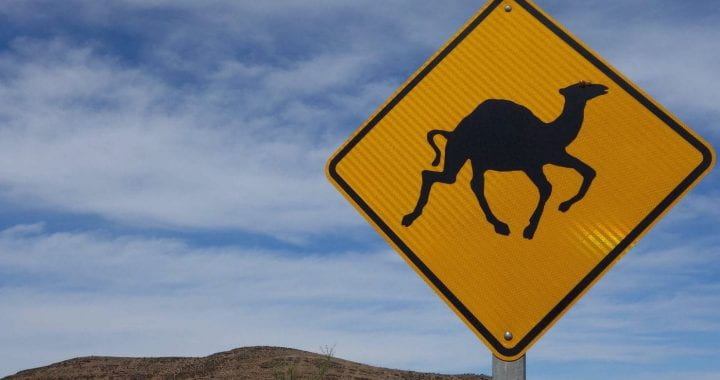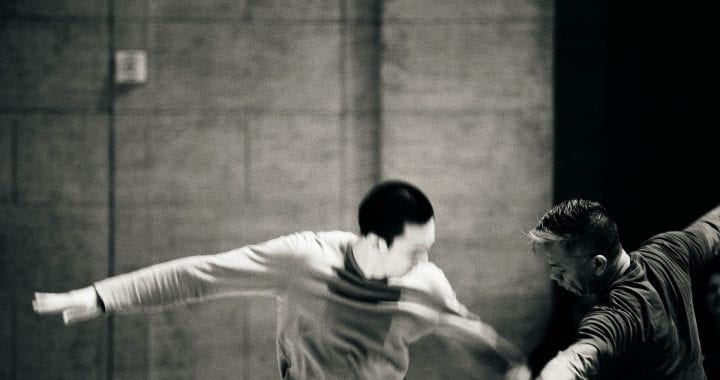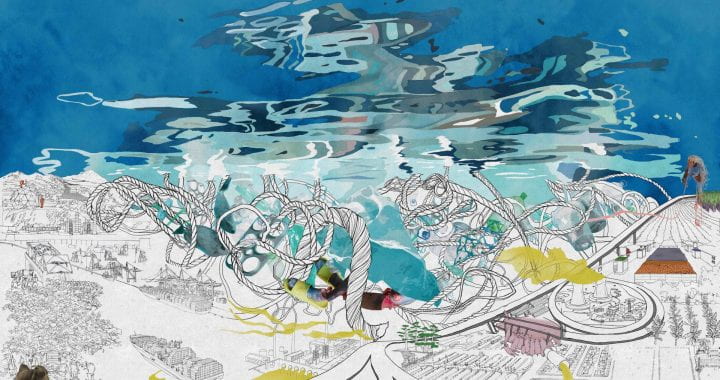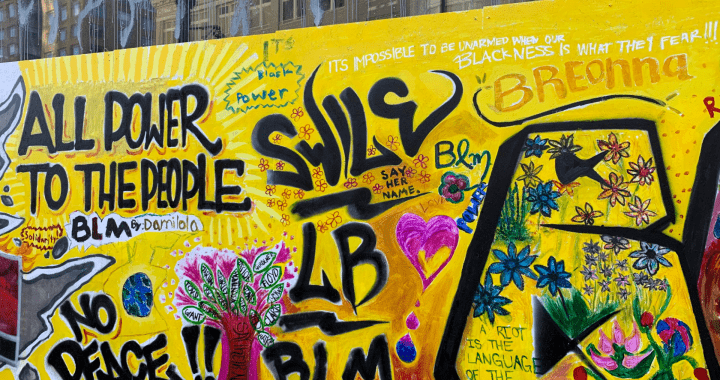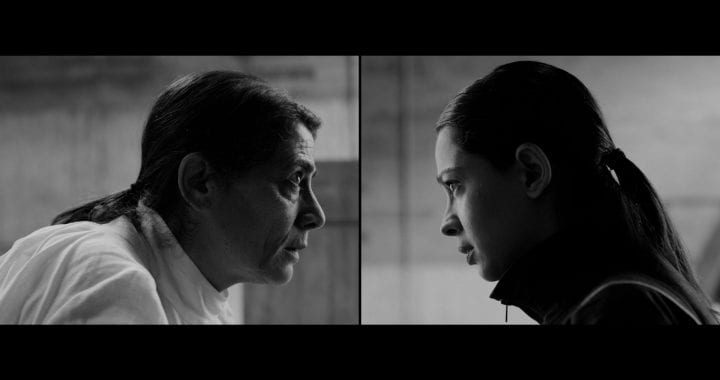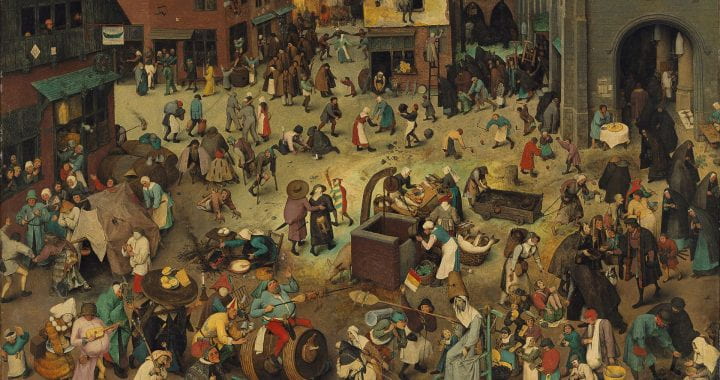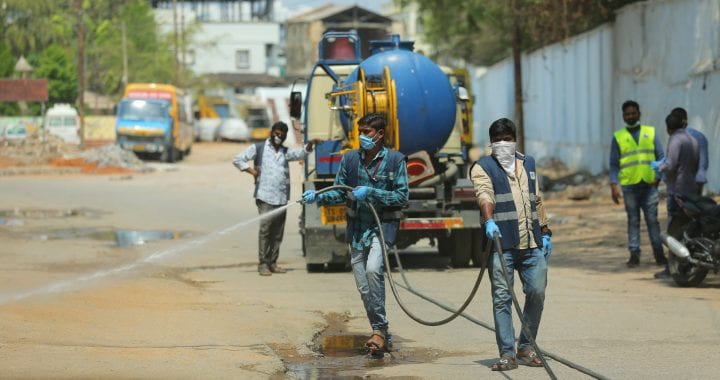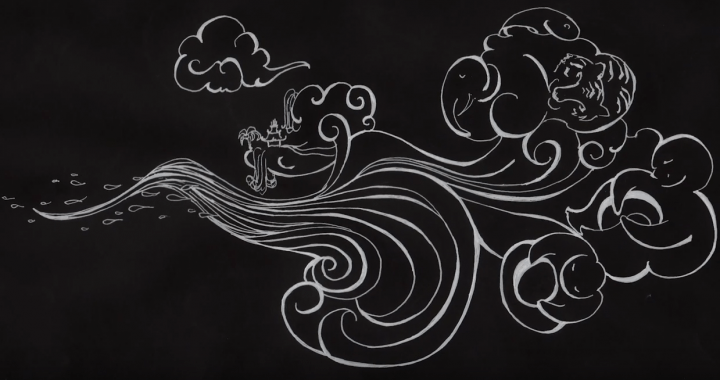The U.S. presidential election is on Nov 3. We will gather as a community the morning after to process the preceding night (and preceding years) and to think together about the weeks, months, and years to come. Gina Dent, Debbie Gould, and Savannah Shange will start off the conversation. And if it makes more sense to take to the streets on this Wednesday, then that’s what we’ll do.
From Fair Fight: for voters who plan to vote by mail, you should request your ballot now so that you have plenty of time to receive and return it, by going to www.vote.org. If your state offers ballot tracking, you will be able to track your application and ballot from vote.org. You can find information on how to return your ballot, including drop boxes and other methods, on vote.org.
If you plan to vote in person, Fair Fight strongly recommends that you vote early if your state offers early voting. To make your early vote plan, visit https://www.vote.org/early-voting-calendar/. If your state does not offer early voting, visit https://www.vote.org/polling-place-locator/ to find your Election Day polling location.
Gina Dent is Associate Professor of Feminist Studies, History of Consciousness, and Legal Studies at UC Santa Cruz. She writes and teaches on race, feminism, popular culture, and visual art, and her current book project — Prison as a Border and Other Essays, on popular culture and the conditions of knowledge — grows out of her work as an advocate for human rights and prison abolition.
Debbie Gould is Associate Professor of Sociology at UC Santa Cruz. She is the author of Moving Politics: Emotion and ACT UP’s Fight Against Aids (2009), and works on political emotion and affect, social movements and contentious politics, and feminist and queer theory. She was involved in ACT UP/Chicago for many years and was a founding member of the research/art/activist collaborative group, Feel Tank Chicago, most famous for its International Parades of the Politically Depressed.
Savannah Shange is an urban anthropologist who works at the intersections of race, place, sexuality, and the state. She is author of Progressive Dystopia: Abolition, AntiBlackness, and Schooling in San Francisco (2019) and is Assistant Professor of Anthropology at UC Santa Cruz, with research interests in circulated and lived forms of blackness, ethnographic ethics, Afro-pessimism, and queer of color critique.
Date/Time
Nov 4, 2020 | 12:15 PM – 1:30 PM
RSVP by 11 AM on Wednesday, November 4th to receive Zoom link and password.

